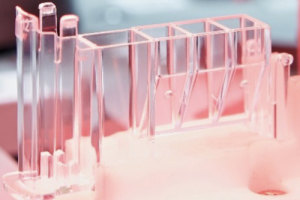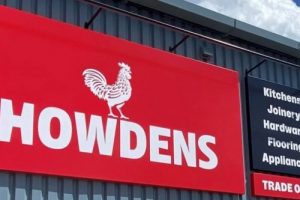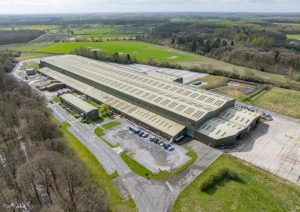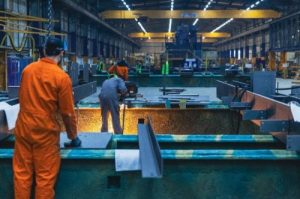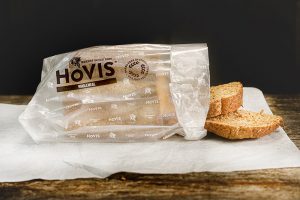Prosper De Mulder pushes forward in challenging market

YORKSHIRE-BASED animal processing business Prosper De Mulder (PDM) has narrowed its losses despite reporting adverse conditions in the raw materials markets.
The Doncaster group is involved in the collection and processing of animal by-products for pet foods, production of animal and vegetable fats for cooking and de-boned meat ingredients for savoury foods and soups as well as the sale of frozen fish and meat to fast food chains.
For the nine months to December 2012, the company made a pre-tax loss of £1.9m on revenues of £167m.
In the prior year, to March 31 2012, PDM saw losses increase to £14.8m from £9.5m in 2011 on revenues of £222m from £198m, which it said was because of increasing raw materials costs.
The business was founded in 1926 and was privately owned until September 2011 when German food chain recycling group SARIA Bio-Industries International took a 51% stake.
In its latest financial report filed at Companies House, PDM, which employs 1,000 people at 23 sites across the UK, said: “The adverse conditions in the raw materials markets, caused by the speculative development of excess processing capacity by competitors, which were first experienced four years ago, continued into this period.
“The severe market conditions affected all categories of animal by-products and edible co-products handled by the company.”
However, it said the adverse raw material supply market conditions in its animal by-products processing, pet food and food products operations are showing signs of returning to sustainable levels in line with the broader European market.
“The company is working closely with key customers and raw material suppliers in its key markets to develop robust long-term supply arrangements to reduce the company’s exposure to future volatility in local raw material markets,” said PDM.
“It is also noted that the market values for UK produces raw materials are continuing to adjust to a level comparable to the wider European market. The directors are confident that the long-term market trends for raw materials and finished products will both reach sustainable levels during the next financial year.”
The company said it is confident that the long-term strategy of increased investment in renewable energy generation through anaerobic digestion, the recycling of food waste diverted from landfill and added value products will reduce its exposure to short-term market fluctuations in the future.
PDM opened its first ReFood anaerobic digestion plant in Doncaster in September 2011.
The company secured planning permission for the construction of a new a site in the North West, which started in January.
Once completed, the £20m Widnes plant will be the largest food waste gas-to-grid AD project in the UK.
Scheduled for completion in 2014, it will have the capacity to handle 90,000 tonnes of commercial and domestic food waste and will generate up to 2,000m3 per hour of raw biogas.
“The new Widnes ReFood plant is part of PDM’s plan to spend more than £90m on its UK operations before the end of 2014,” the company said.

